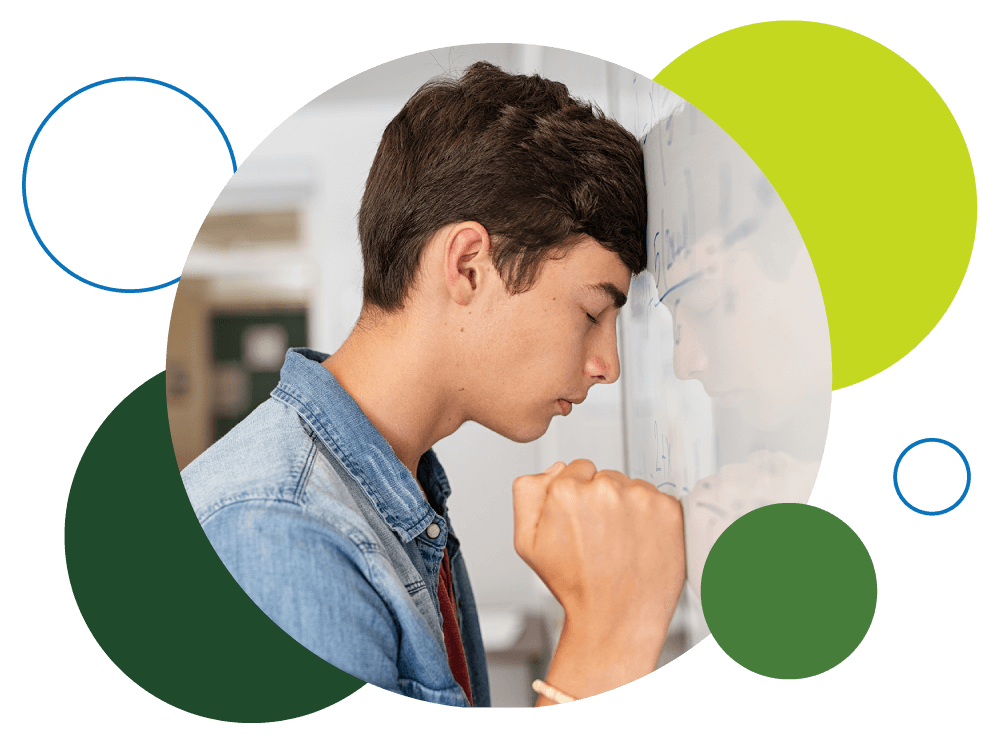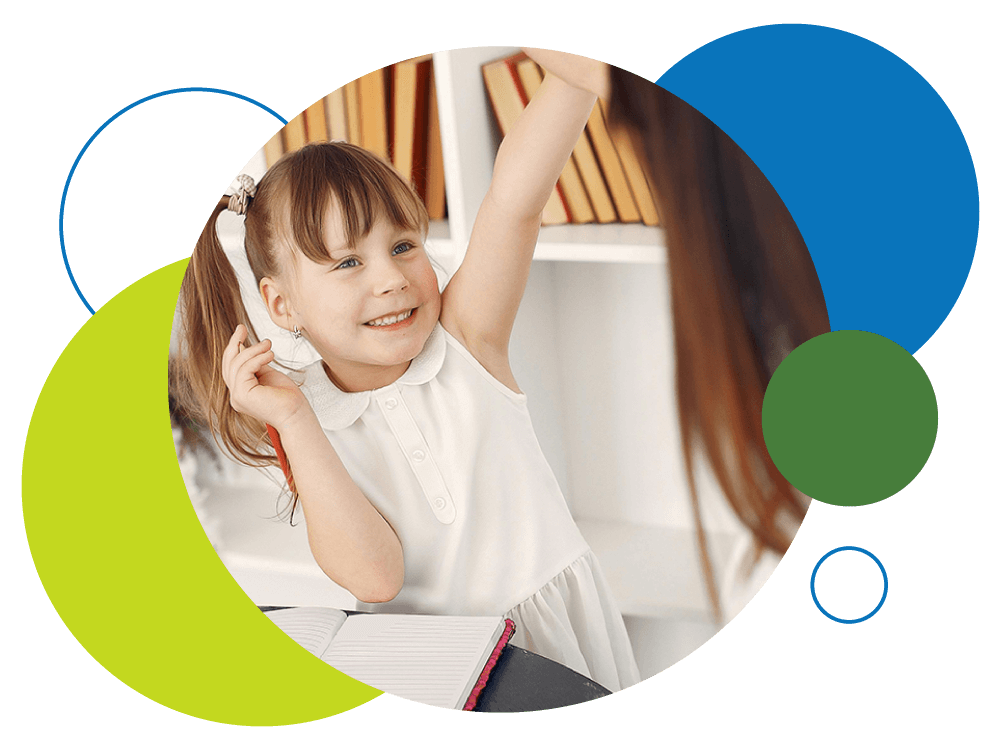Psychoeducational Assessment
What is a Psychoeducational Assessment?
This paradox leads many adults, parents and teachers to falsely believe that the individual is either lazy, indisciplined, inattentive, or unmotivated. It gets even more confusing when their performance is inconsistent, making it difficult to discern between potential, ability, and effort.
To better identify the underlying cognitive and academic challenges, and to accurately diagnose any possible learning or attention or cognitive disabilities, we offer psychoeducational and neurological testing using evidence-based, standardized evaluations for children and adults.


Our Treatment Focus
- Executive functioning
- Processing speed
- Attention and Motivation
- Multi-tasking and Organization
- Coping and Self-esteem
The end goal of psychoeducational tests (also known as psy-ed) is to equip yourself, your child, and the teachers at school with the right adaptive tools needed for you or your family member to succeed in academic, socio-emotional, and professional realms.
Signs That You, Your Child or Your College Student Needs a Psychoeducational Assessment
- A clear distinction between potential and performance
- Work, Class, and School Avoidance
- Self-doubt and low-self confidence
- Difficulty in understanding new concepts
- Procrastination and poor planning multitasking, and organization skills
- A significant difference in grades — scoring well in one subject and poorly in another
- Poor attention and focus
- Taking longer to complete tasks, assignments, and tests
- Forgetfulness and difficulty with memory

What Is a Psychoeducational Test and Why Should You Consider It?
As the name suggests, a psy-ed test measures the intellectual, behavioral, and socio-emotional functioning of child, college student, or adult to assess multiple layers of abilities and performance.
This is done using standardized, norm based, in person or tele testing procedures that are designed to analyze the way each individual uniquely functions in multiple academic, socio-emotional, developmental, and professional domains.
The main goal of psychoeducational testing is to provide a detailed map of where the vulnerabilities and strengths lie and to provide specific targeted recommendations for each domain.
These tests are a key diagnostic tool for identifying neurodevelopmental issues like ADHD, Autism, Spectrum Disorder, learning disabilities, memory challenges, executive functioning, social pragmatics and comorbid psychological challenges such as anxiety and depression.
Comprehensive testing can also accurately assess processing speed, visual-motor difficulties for writing and note-taking, and memory difficulties for learning, retention, and reproduction.
At the end of the evaluation, you’ll be presented with a report that outlines your strengths and weaknesses. It will include observations made by the clinicians along with a list of recommendations that highlight how you learn best.
It’s important to get these tests done at any stage in life as they help in diagnosing potential challenges that would otherwise remain undetected and continue to hinder your performance and success.
Assessment Process
Initial Consultation
The first step involves a meeting between the psychologist and yourself, the adolescent and/or the parent to discuss the current issues and review relevant documentation such as doctors’ notes, school reports, and previous test scores.
In Person and Online Testing
The main assessment takes place after the initial consultation. While not all assessments look the same, they follow a similar pattern that includes a targeted, norm based battery of tests and measures completed by the client, and perhaps family members, or teachers, or supervisors.
Behavioral Observations
Sometimes we offer in-home or in-school anonymous and non-interactive behavioral observations for younger clients which could be very beneficial in gathering direct and objective observational data for presented concerns.
Report and Recommendations
A comprehensive report will be provided to you that includes specific targeted recommendations for schools, colleges, homes, and the professional environment. The report can be utilized to obtain school and college accommodations via 504’s and Individualized Educational Plans, and accommodations for standardized school and college tests.
The psychologist conducting the assessment and writing the report will facilitate and support you through the process of obtaining further psychoeducational support privately, in school or in college, and for standardized required tests. At your request, the psychologist will also attend any 504 and IEP meetings at your school.
Feedback
During the final feedback meeting, possible solutions and avenues to apply the given recommendations are discussed. An action plan is formulated and put into practice.
Book an Appointment
Our team also provides academic, socio-emotional, clinical, medical, and behavioral support based on your results in a variety of modalities, including therapy, neurofeedback, executive functioning coaching, in-school and in-home support, and expressive arts therapy.